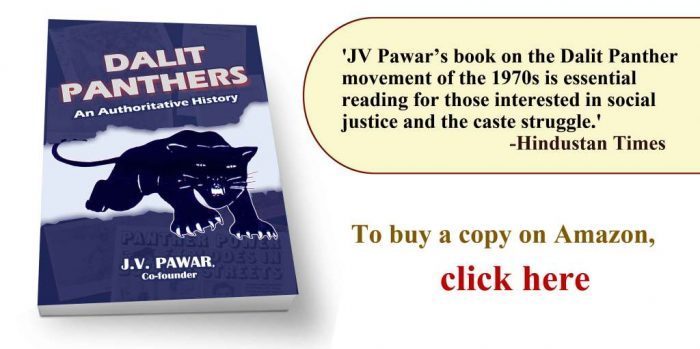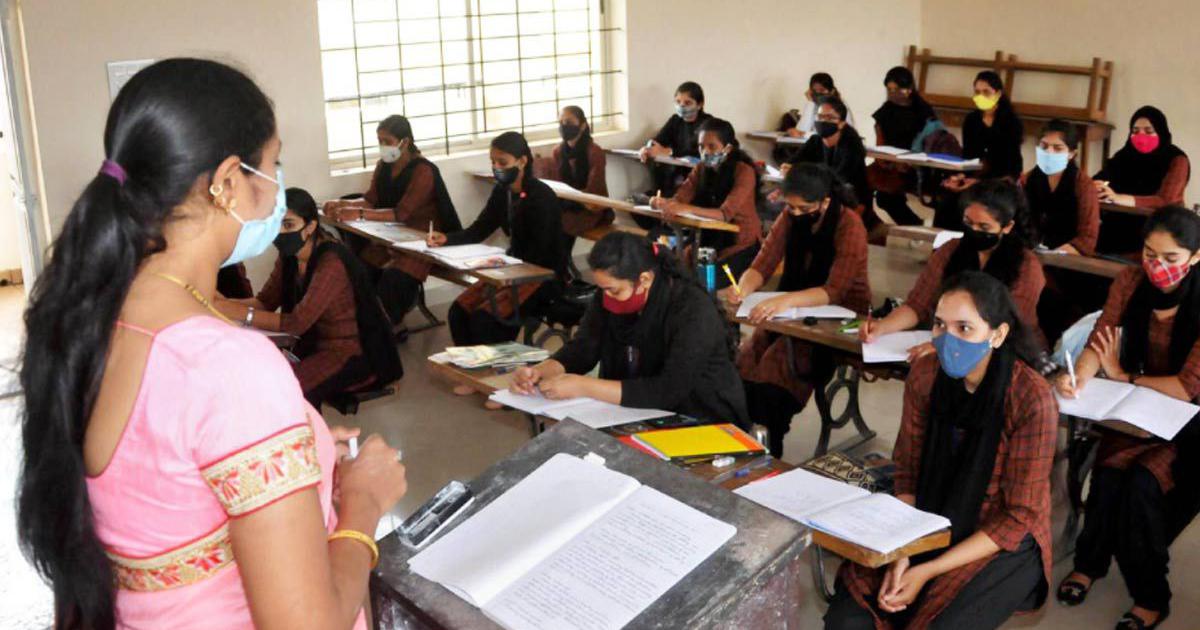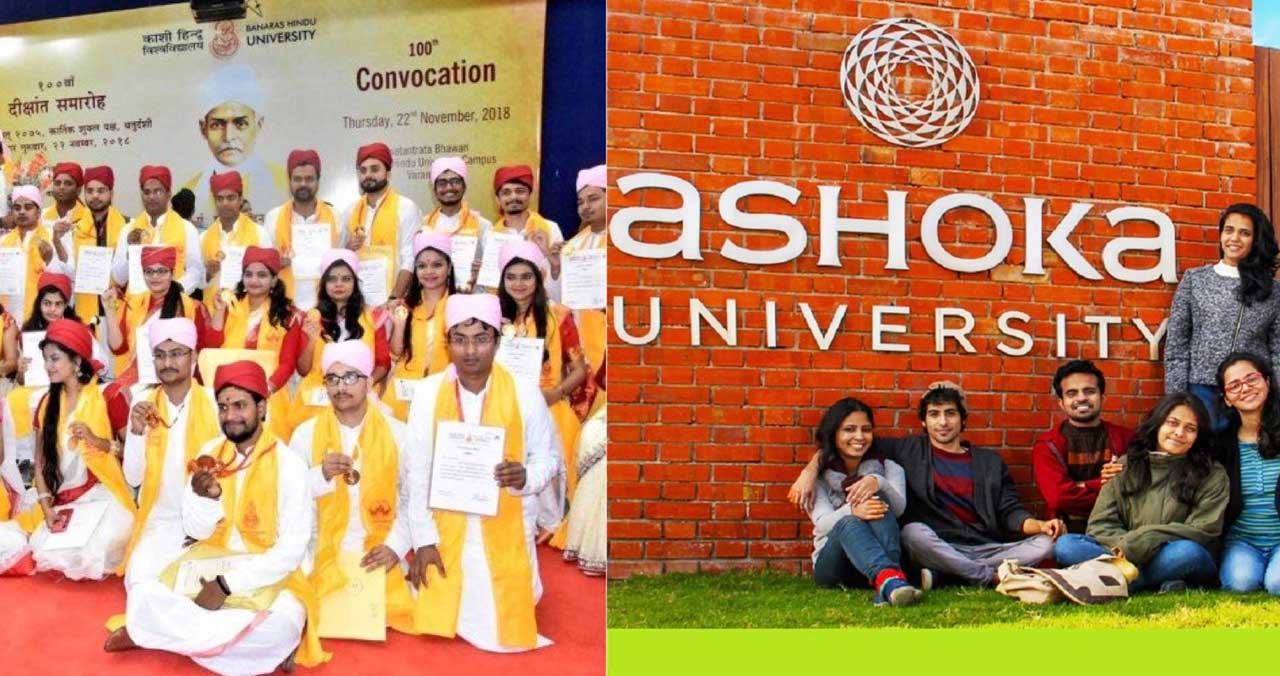Ramjal Meena belongs to a poor tribal labourer’s family. He sounds tired having had to attend one phone call after another. On the other end have been well-wishers, relatives and journalists. When I rang him, he was eating at his Munirka home. I told him to relax and finish eating, and that we would talk at 11. Ramjal didn’t go into the details but he did say that he had been receiving calls from many who wanted to help him on their own or through an NGO – so that he didn’t have to work as a guard any longer and do his BA (Russian) in as a regular student.

Yes, you read it right. Ramjal Meena, a security guard in Jawaharlal Nehru University, will now be able to enter the classroom as a student. Working hard day and night, he passed the JNU entrance exam. He had prepared for the JNU exam while continuing to be employed as a guard.

For the last five years, since November 2014, he has been serving as a guard at the main entrance to the JNU campus. Ramjal, 33, has three children. The whole family lives in the nearby Munirka village. It is the atmosphere of the campus that put in him the desire to be a JNU student.
However, Ramjal’s story hasn’t been one of successes only. He passed 12th standard in 2002. Once, he had gone to enrol himself for classes at Rajasthan University, but then he saw that there was a queue of people seeking to be employed as security guards. He thought that it would be a good idea to work and study. That way, he could augment the parents’ income. The wages were meagre at the time. Ramjal and his father, Natheli Ram, used to make ends meet by working in MNREGA (Mahatma Gandhi National Rural Employment Guarantee Act) worksites. He was contributing to his father’s mission of getting his three sisters married. That’s how he ended up as a guard. But he never quit his studies. He completed his BA through Rajasthan University’s open learning programme and now he is doing his MA.
Support from the family
“I feel pride when my children say what I’m doing is right, that there is not age limit for studies,” Ramjal says. “But wife and parents ask if I would give my children an education or study myself … I have passed the BA Russian entrance. I had filled up the form in March or April, and purchased a book from the bookshop – R.S. Agrawal’s book. I have been writing minor and major exams for some time, so that did help. I sat for the Russian entrance exam on May 28. Every day I would bring home study material. I had downloaded in my phone the question papers from the last five years. I used to practise them every day. I was thus determined to pass the exam. I was good at studies. I used to top my class – from 5th to 10th standard, I was performed better than all my friends. However, in 2003, when I started working I had to leave my studies. I began working as a labourer to help my parents.”

But he also says JNU’s academic atmosphere had an impact on him. “It was the kind of atmosphere I wanted. It occurred to me that that could also help in my UPSC [Union Public Service Commission] exam preparations. The library is open round the clock, and you get all the material you want. The atmosphere is really good. I brought my children from my village in Karauli district of Rajasthan to Munirka in Delhi, so that they could see and feel for themselves this atmosphere and how people study. I have three children. The eldest, a daughter, is studying in 9th standard in Sarvodaya, a government school. Another daughter is in 7th and the son in 4th.
“JNU professors are really nice; they encouraged me whenever they saw me studying. No less encouraging were the students. They meet me often and treat me as an equal. Neither the students nor teachers think or make me feel that I’m only a guard – or wonder why I’m wasting my time in studies if I’m so poor! We all live here as a family; we behave with one another as equals. We belong to different castes and religions but no one is discriminated against.”
IAS dream
Ramjal now wants to clear the UPSC exam and become an Indian Administrative Service (IAS) officer. While serving the country, he wishes to give his parents, wife and children a better life. He says, “I don’t want my promising children to feel compelled to work as labourers, as I was.” At home, Ramjal studies with his children. He says, “Education is the only thing that can change our destiny … I say so because when I expressed my desire to study in JNU, many students helped me and provided study material. Every day, after my shift, I would spend three to five hours on the entrance-exam preparations. I got increasingly attached to students and professors in the campus, and they all encouraged me.”

Till only two days ago, Ramjal was anxious that his classes would start soon. What he was to do about his job? How would he look after his family? But now he is getting phone calls with offers of financial assistance – just as he had thought that his hopes would come true and there would be a way out. Several people called to assure him that they would support my family, so that he wouldn’t have to do the guard’s job. Now, Ramjal will obviously quit being a guard and become a JNU student.
Ramjal says, “My parents are old. My father does some beldari (daily-wage work), but I am the only means of their livelihood … ” Let’s hope that Ramjal’s folks in Delhi and Karauli won’t face economic hardships, and his education will continue unhindered.
Translation: Naresh Nadeem; copy-editing: Anil
Forward Press also publishes books on Bahujan issues. Forward Press Books sheds light on the widespread problems as well as the finer aspects of Bahujan (Dalit, OBC, Adivasi, Nomadic, Pasmanda) society, culture, literature and politics. Contact us for a list of FP Books’ titles and to order. Mobile: +917827427311, Email: info@forwardmagazine.in)
The titles from Forward Press Books are also available on Kindle and these e-books cost less than their print versions. Browse and buy:
The Case for Bahujan Literature
Dalit Panthers: An Authoritative History
Mahishasur: Mithak wa Paramparayen
The Case for Bahujan Literature
Dalit Panthers: An Authoritative History




